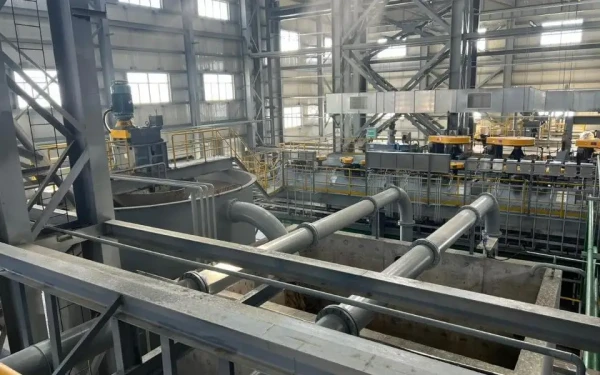
The metal is widely used in the military industry.
Astana and Washington announced on October 6 a new joint partnership to develop one of the largest untapped tungsten deposits in the world located in Kazakhstan.
Under the agreement, the American company Cove Kaz Capital Group will receive a 70 percent stake in a joint venture with the Kazakh state mining holding. The deal is valued at $1.1 billion. The Export-Import Bank of the United States has sent a letter of interest for financing in the amount of $900 million.
Central Asia is known to have nearly 170 occurrences of rare earth elements — from 28 explored deposits to promising sites at the earliest stages of study. The untapped resources of the region could become a potential alternative to China's near-monopoly control over the global supply chain of rare earth elements.

Ben Godwin, head of the analytical department at the London-based PRISM center, told Radio Free Europe/Radio Liberty that the summit's focus on the mineral wealth of Central Asia is part of a long-standing strategy by the region's leaders to attract Washington's attention.
"Central Asian countries are certainly using this aspect of critical minerals as leverage to achieve more active engagement with the United States on other issues that are more important for the region and the local economy," he notes.
"In the 2000s, it was the war on terrorism, oil, and gas. Then came the era of decarbonization, when many new projects in Central Asia focused on renewable energy," Godwin says. "Now it is about the role of critical minerals in national security."
Deals were made after a truce in the trade war between Beijing and Washington amid escalating competition between the U.S. and China over the export of rare earth elements — a key point of contention in their trade negotiations.
Following the meeting between Trump and Xi Jinping at the end of October, China announced that it would suspend some restrictions on the export of rare earth elements for a year.
Now Washington is seeking new opportunities to obtain these metals. China accounts for nearly 70 percent of global rare earth element production and about 90 percent of their processing. Central Asia could become a source of raw materials in the long term, and the region hopes that the new investments it needs will help in the development of deposits.
A new report from the Center for Strategic and International Studies (CSIS), a Washington-based think tank, states that "Chinese and Russian capital dominate the mining, processing, and logistics networks of the region." It also notes that "structural barriers, ranging from underdeveloped transport routes to the west to chronic energy shortages, continue to hinder Western investment."

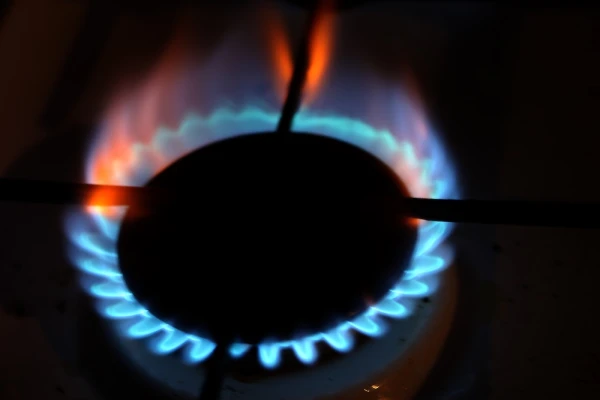
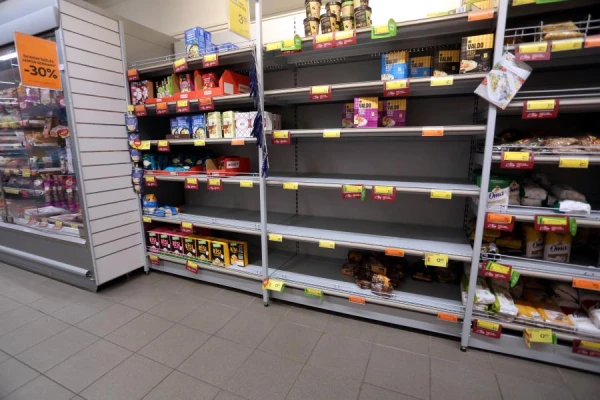
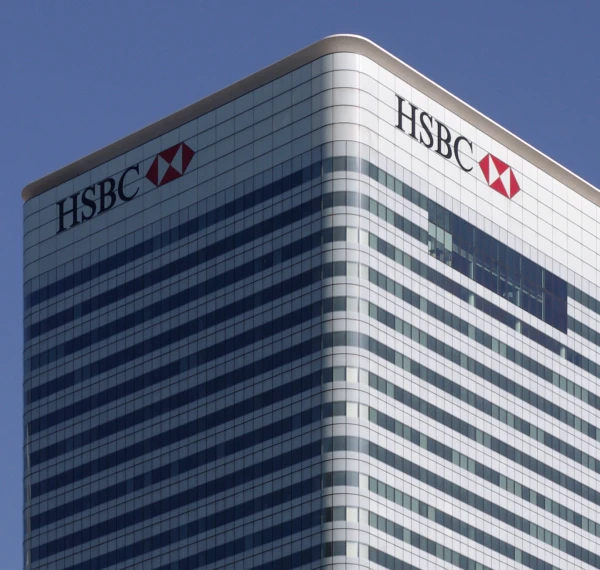

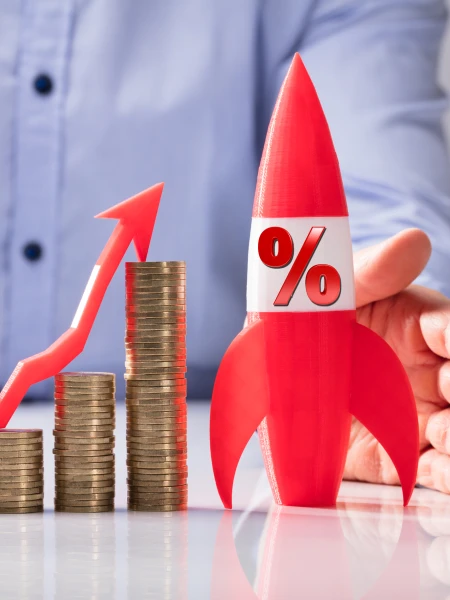


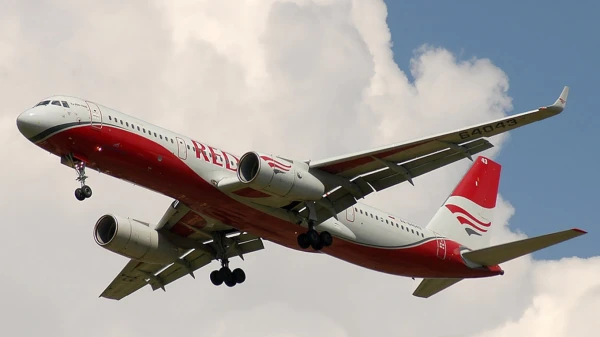





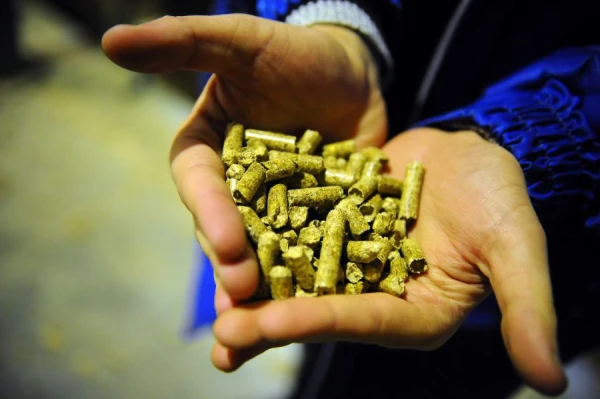
Leave a comment